RobotLAB Blog
Everything You Need To Know About Robotics in Businesses
Generative AI Is Changing Computer Science Education For The Better
By Carla Jose
Image Source: Pexels
The intersection of artificial intelligence and education has given rise to a range of fascinating transformations. One key player in this revolution is generative AI, a technology that's making its mark on computer science in an especially meaningful way.
For starters, it dovetails impeccably with teaching complex coding processes, and can turn algorithmic mysteries into digestible concepts that even beginners can understand. Better yet, it makes classroom sessions and lectures highly interactive and engaging by generating dynamic examples customized for each student's preferences or ability level.
Ultimately, these novel methods made possible by generative AI can better prepare learners for future challenges awaiting them in the ever-evolving tech industry. So let’s look at the ins and outs of this in more detail to discover just how much of a game-changer the right AI tools and techniques can be when it comes to molding young minds.
- 0 Comments
- Oct 6, 2023 3:58:57 PM
Empowering Future STEM Innovators: Cultivating Interest and Inclusivity
By Katie Brenneman
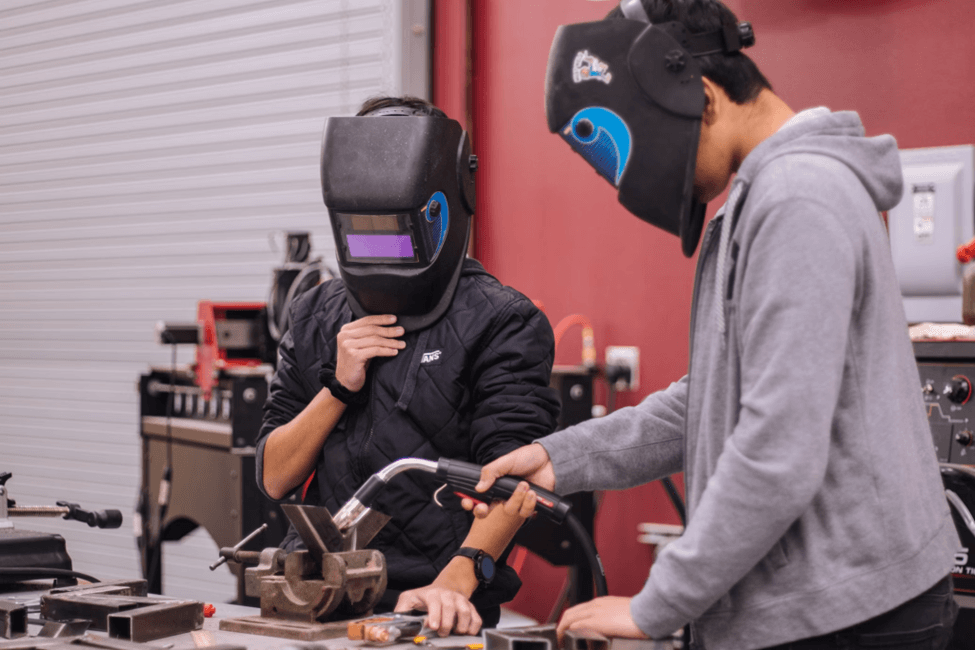
A robust STEM education is key to student success in the digital age. A strong grasp of science, technology, engineering, and mathematics ensures that the pupils of today have the skills they need to find personal and professional success in the future.
However, many students find STEM classes dull and unengaging. This is largely due to misconceptions about the purpose of STEM classes and outdated lesson plans that fail to capture the student’s imagination.
Unfortunately, social inequalities exacerbate disinterest in STEM fields. Black and Hispanic folks are underrepresented in the STEM industry and women in STEM only earn 77% of the average salary that a man in STEM receives. These inequalities push some students away from STEM and must be addressed by teachers who want to cultivate interest and inclusivity in the classroom.
- 0 Comments
- Sep 14, 2023 5:14:24 PM
Preparing for an Electric Future With STEM Education
By Ellie Gabel
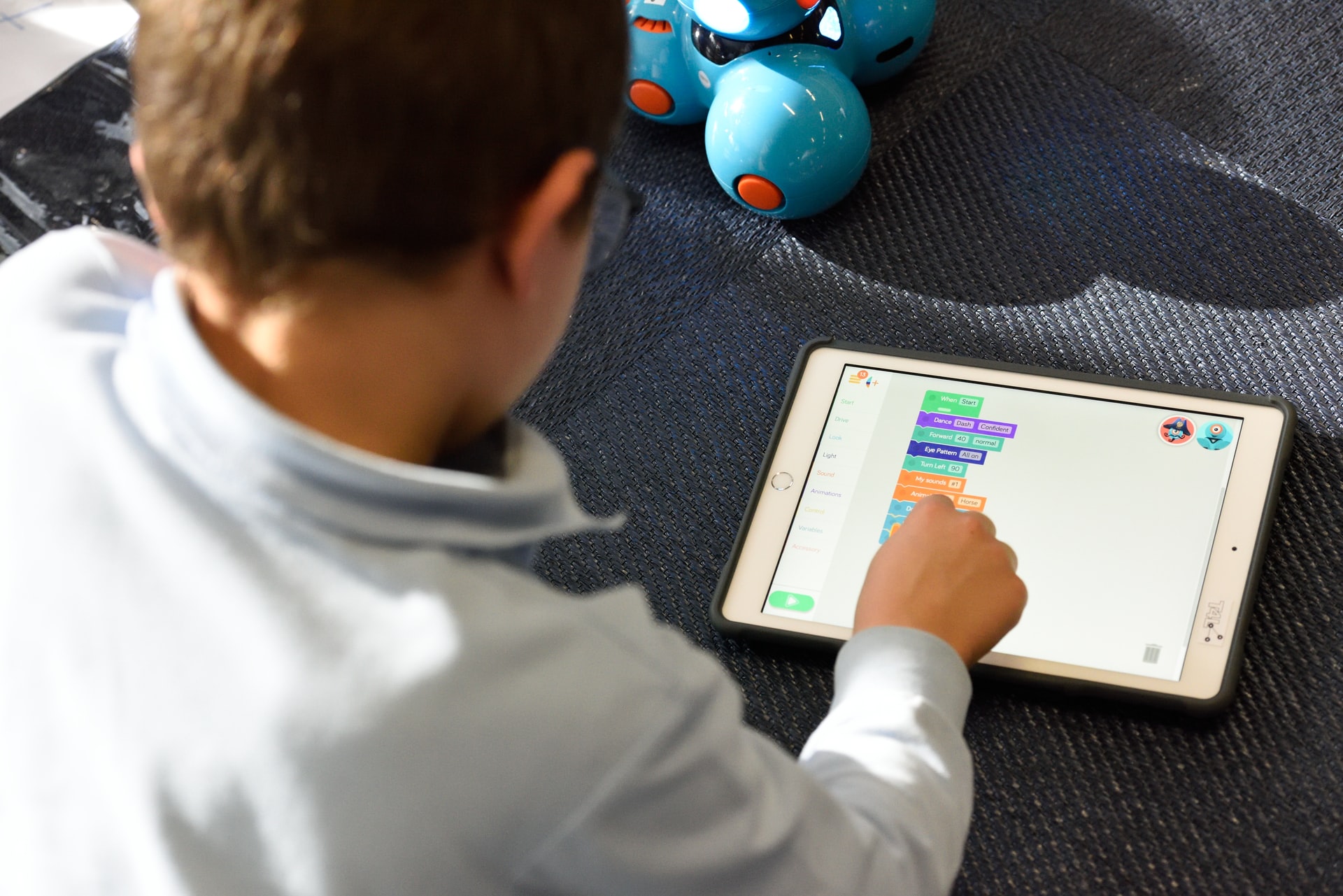 Photo by : Unsplash
Photo by : Unsplash
STEM education is critical for the long-term success of electric vehicles and clean energy. These industries remain relatively new to educators and students alike. Expanding coverage of electrification technologies will ensure the next generation has the knowledge and skills they need to contribute to positive, long-term growth in sustainability initiatives.
- 0 Comments
- Sep 14, 2023 3:02:57 PM
How AI Can Promote Equity in STEM Students
By Devin Partida
 Photo by : Unsplash
Photo by : Unsplash
Pursuing equity in science, technology, engineering, and mathematics (STEM) education is an ever-evolving conversation around representation and diversity. Artificial Intelligence (AI) — a frontier within STEM itself — emerges not just as an object of study but as a tool to promote equity among students who want to pursue a career in this field. However, can teachers really use AI to champion inclusivity, adaptability and accessibility to create a brighter future for minorities?
- 0 Comments
- Sep 13, 2023 4:08:43 PM
Does Your School Have the Tech to Support an Esports Program?
By Ellie Gabel

Although most schools have integrated technology into many aspects of their institution, their standard equipment doesn’t typically meet the requirements to support an Esports program. To modernize and future-proof their endeavors, they must invest in quality equipment.
- 0 Comments
- Aug 18, 2023 3:39:25 PM
How Does a STEM Education Encourage Leadership?
By Devin Partida

Our world is changing so rapidly that sometimes, it's challenging to predict what the future will look like. But one thing is certain — kids have different needs now than they did 20 years ago.
Gone are the days when being intelligent and hardworking is enough. Now, more factors contribute to determining the future generation's success. But just how can we prepare our kids to become key leaders in future industries?
The answer can be found in a science, technology, engineering and mathematics (STEM) education. A STEM education significantly impacts children's future as these subjects can teach kids many soft and hard skills that will enable them to perform at a globally competitive level.
- 0 Comments
- Aug 15, 2023 2:40:45 PM
Enhancing Math Proficiency: Unleashing AI Labs and Robots as Engaging Tools
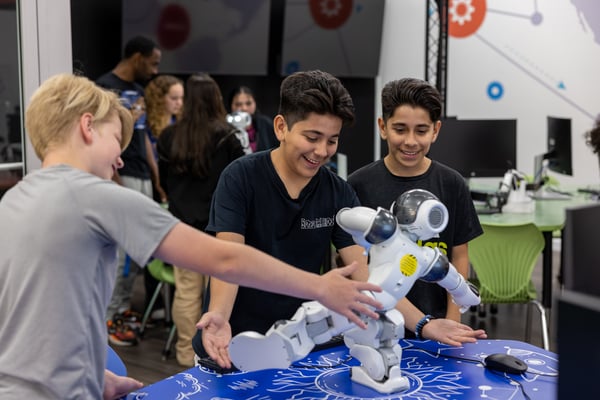 AI LAB by RobotLAB implementation in Lexington city schools
AI LAB by RobotLAB implementation in Lexington city schools
In recent years, concerns have been growing over the declining math proficiency among students in the United States. The ability to comprehend and apply mathematical concepts is not only essential for academic success but also for preparing individuals to thrive in an increasingly technology-driven world. As math scores continue to drop, there's a pressing need to explore innovative solutions to reignite students' interest in mathematics. One such solution lies in harnessing the power of AI labs and robots as engaging educational tools. This blog post delves into the potential of AI labs and robots to enhance math proficiency and foster a renewed enthusiasm for learning.
- 0 Comments
- Aug 14, 2023 8:39:50 AM
10 Exciting Courses That Future STEM Students Should Look Into
By Andi Croft
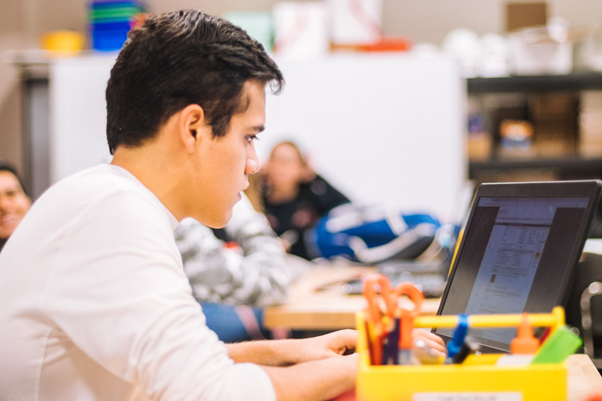 Photo source: https://unsplash.com/photos/IjYmtMogTlE
Photo source: https://unsplash.com/photos/IjYmtMogTlE
So you have probably heard about STEM, which stands for Science, Technology, Engineering, and Math.
These fields pay special attention to critical thinking, problem-solving, and innovation. As such, STEM makes a fast-growing industry.
For one, there is an increasing demand for scientific and technological innovations. More so in today's knowledge-based economies. That said, the need for a STEM-based education has also become higher.
This is why there is a growing number of educational institutions that offer STEM-related courses. And while it can be challenging to learn, there are engaging STEM curriculum and learning strategies you can do.
In this post, we have listed ten exciting STEM-related courses you can check out and what you should expect.
- 0 Comments
- Jul 16, 2021 10:00:00 AM
- Posted by Natalia Galvis
- Topics: EdTech, STEM, Education, teachers, students, Technology, Innovation, Edchat, Digital Technology, Educators, online, distance learning, lessons, Online Learning
5 Main Roles Of Artificial Intelligence In Education
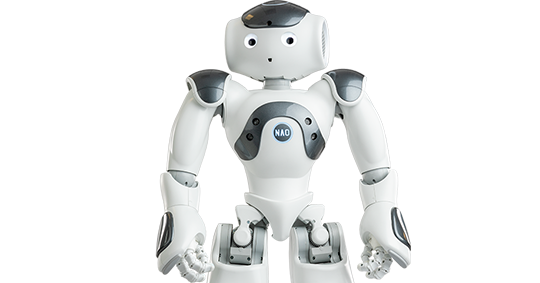
The global adoption of technology in education is transforming the way we teach and learn. Artificial Intelligence is one of the disruptive techniques to customize the experience of different learning groups, teachers, and tutors.
- 0 Comments
- Jul 15, 2021 10:00:00 AM
- Posted by Natalia Galvis
- Topics: EdTech, STEM, Education, teachers, students, Technology, Innovation, Edchat, Digital Technology, Educators, online, distance learning, lessons, Online Learning
How to Get your Educators Excited About Using EdTech
 Photo by Avel Chuklanov on Unsplash
Photo by Avel Chuklanov on Unsplash
The pandemic has taken a toll on all our institutions, and schools aren’t exempt. School leaders know that schools are closed, but teaching must go on, and; learning must go on.
Schools have moved to online learning. Educators are working from home, delivering classes to learners over the video, preparing lesson plans, collaborating with other educators, amongst many other tasks. Educators are working harder and longer, and many are exploring the edtech at their disposal. It is a big change that requires school leaders to manage their educators’ motivation to prevent loss in productivity and burn-out.
Here are a few strategies to make sure your educators remain motivated and online schooling continues smoothly.
- 0 Comments
- Jul 13, 2021 10:45:29 AM
- Posted by Natalia Galvis
- Topics: EdTech, STEM, Education, teachers, students, Technology, Innovation, Edchat, Digital Technology, Educators, online, distance learning, lessons, Online Learning
Relevant Posts
- Augmented Reality: A Tool for Teaching Students Robot Programming
- Fostering Innovation Through Youth Education in STEM and EdTech
- How Parents Can Foster STEM Learning Beyond the Classroom
- How Robotics Cultivates a Deep Understanding of Mathematics in Students
- RobotLAB Receives EDTech Chronicle 2023 ‘BESTIE’ Award for Landmark Partnership with American Samoa Dept. of Education.
Subscribe to Email Updates
-
I Want To Learn MoreADDITIONAL INFORMATION
